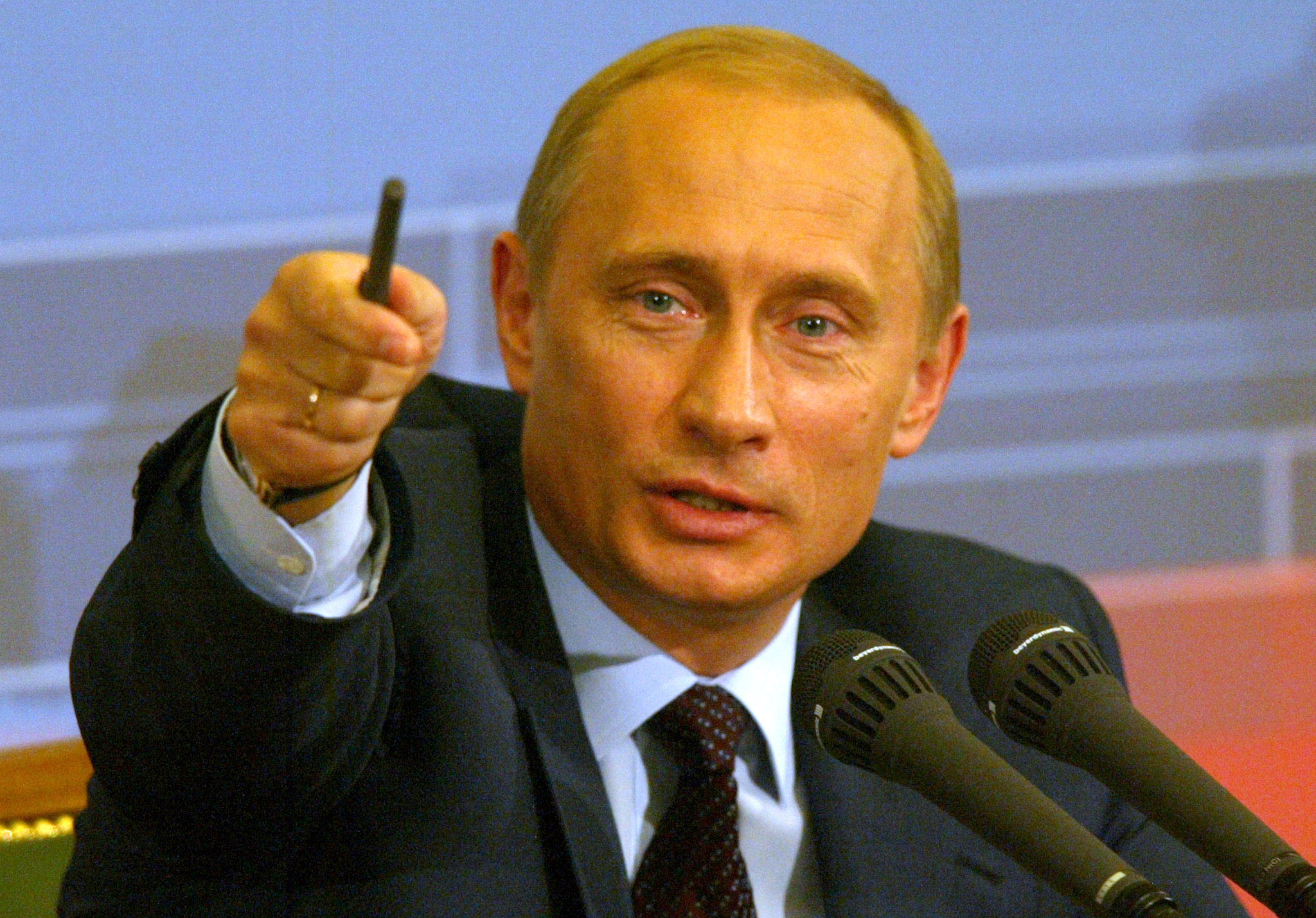Sign up for The Media Today, CJR’s daily newsletter.
Watching Evan Gershkovich at last week’s sham court hearing, standing inside a glass cage, brought me back to twenty-seven years ago, when I, like him, was a thirty-one-year-old foreign correspondent for the Wall Street Journal. Though I was never based in Russia, I did report on what had been the Soviet Union, looking for KGB agents at an abandoned steel plant and tracking Russian efforts to regain control of the old Silk Road. Though I’ve never met Gershkovich, I identify with what colleagues describe as his zeal for a story and his love for his job.
Gershkovich’s arrest and espionage charge, the first of its kind for a journalist in Russia since the Cold War, is a dark testimony to what freedom of expression under Vladimir Putin has become. As Masha Gessen wrote recently in The New Yorker:
At the time of Gershkovich’s arrest, there weren’t many Western journalists accredited and stationed in Moscow permanently. The number of such journalists was probably smaller than it had been anytime since the height of the Great Terror.… The Soviet century has taught us what happens in an information regime of restrictions and fear.
Gershkovich’s detention is part of a long march of repression in Russia fueled recently by the assault on Ukraine. But we deceive ourselves if we see Gershkovich’s arrest as an isolated case.
The fact is that journalism and democracy are in retreat around the world, including in the United States. The Committee to Protect Journalists, in its annual tally, reported that at least sixty-seven journalists and media workers were killed in 2022, the highest number in four years and a 50 percent jump from the previous year. Nearly as many journalists were killed in Mexico as in Ukraine.
In this country, journalism is under assault by withering industry profits, which have cost thousands of journalists their jobs, and a severe loss of public trust in the value of journalism’s role in the life of the country.
Some of the damage is coming from inside our own house. Much of the discussion, for instance, around Fox News’s decision to settle the defamation lawsuit filed by Dominion Voting Systems focused on what the case could mean for freedom of speech, and rightly so. But what about the fact that Fox, itself, was shown in pretrial disclosures to have essentially abandoned its role as an independent chronicler of the news? Here we had executives and on-air anchors at the most-watched cable network in the country admitting that their devotion was more to advancing a cause—the easily disputed notion that Donald Trump had won the presidential election—than in reporting the facts. Fox’s viewers cheered the lie along. Journalism was not what they had in mind when they turned on the television.
Florida governor Ron DeSantis, who senses a winning political cause, has proposed a series of measures that hobble reporters’ ability to do their jobs, including one that would ensure comments made by anonymous sources would be presumed false in defamation lawsuits. It is notable how little outrage DeSantis’s plans have kicked up outside of media circles. (President Joe Biden, a much friendlier figure to the press in the White House, has nevertheless realized he can do his job without the press. According to a recent report in the Times, he’s held fewer interviews with reporters than any president since Ronald Reagan.)
It’s easy to dismiss all of this as inside baseball, the whining of an entitled media class that most Americans don’t like anyway. But there is a trend here to be charted, and it slopes down. What if that direction continues, or steepens, as America faces a new presidential election? What if reporters continue to die around the world, with little or not consequence for their killers? What if Evan Gershkovich fades from the headlines?
I would not be in this job if I didn’t believe that the health of journalism is tied to the health of our societies.
I urge you to check out CJR’s recent issue on authoritarianism, which you can read here, and to join us in New York April 25–26 at our two-day conference on democracy and the press, featuring some of the world’s top historians, writers, and journalists. It’s free, and a link to register is here.
Correction: An earlier version of this story misspelled the name of Evan Gershkovich. CJR regrets the error.
Has America ever needed a media defender more than now? Help us by joining CJR today.



